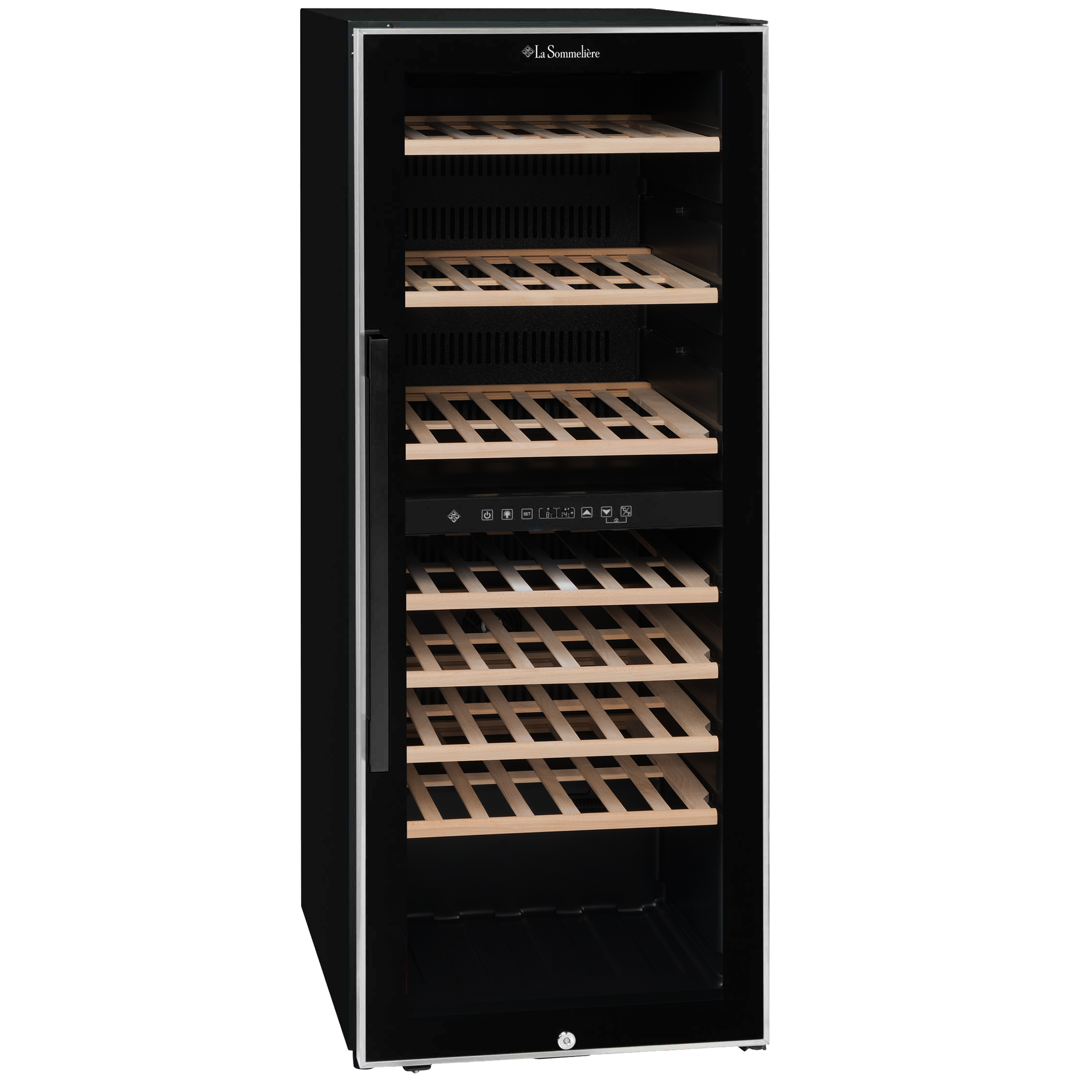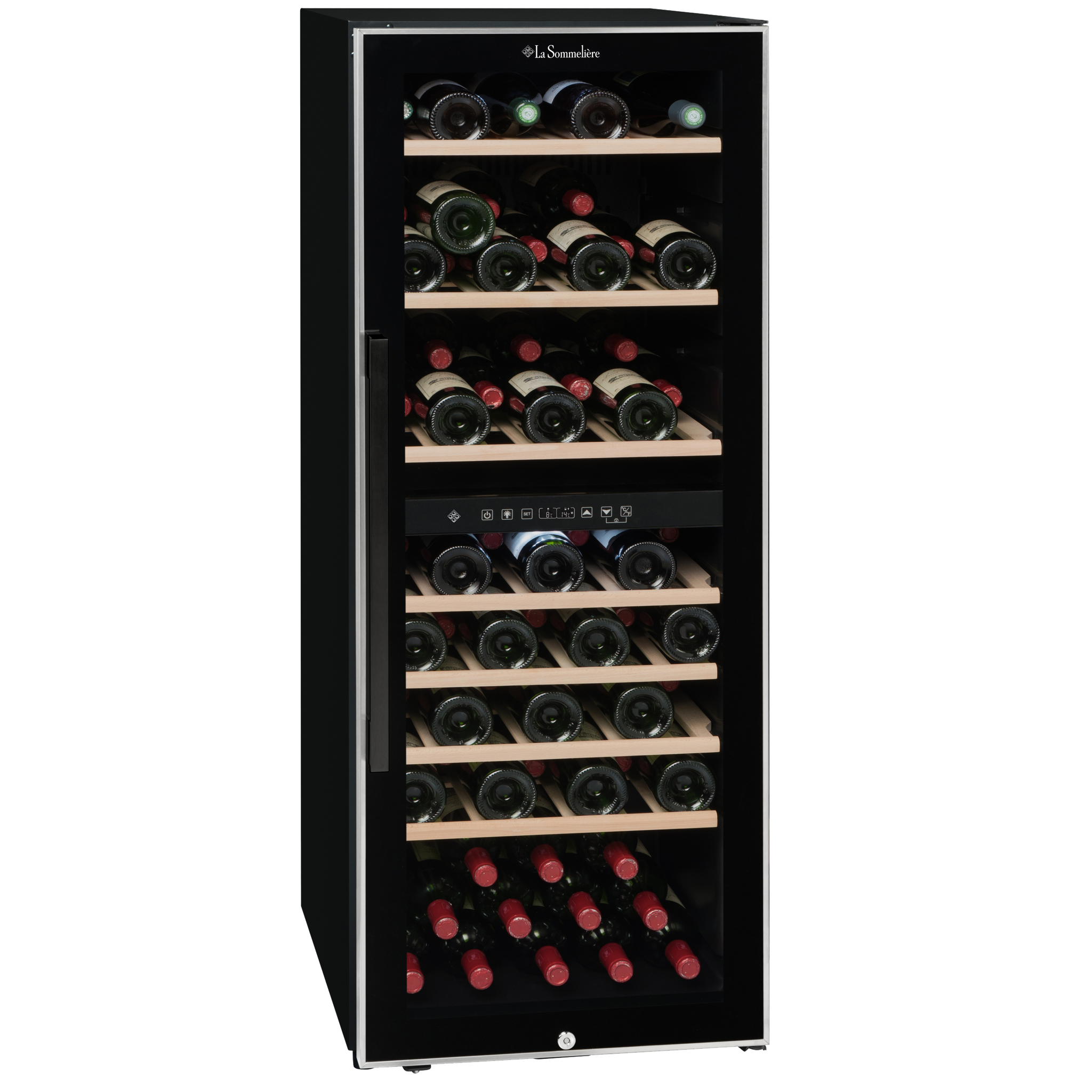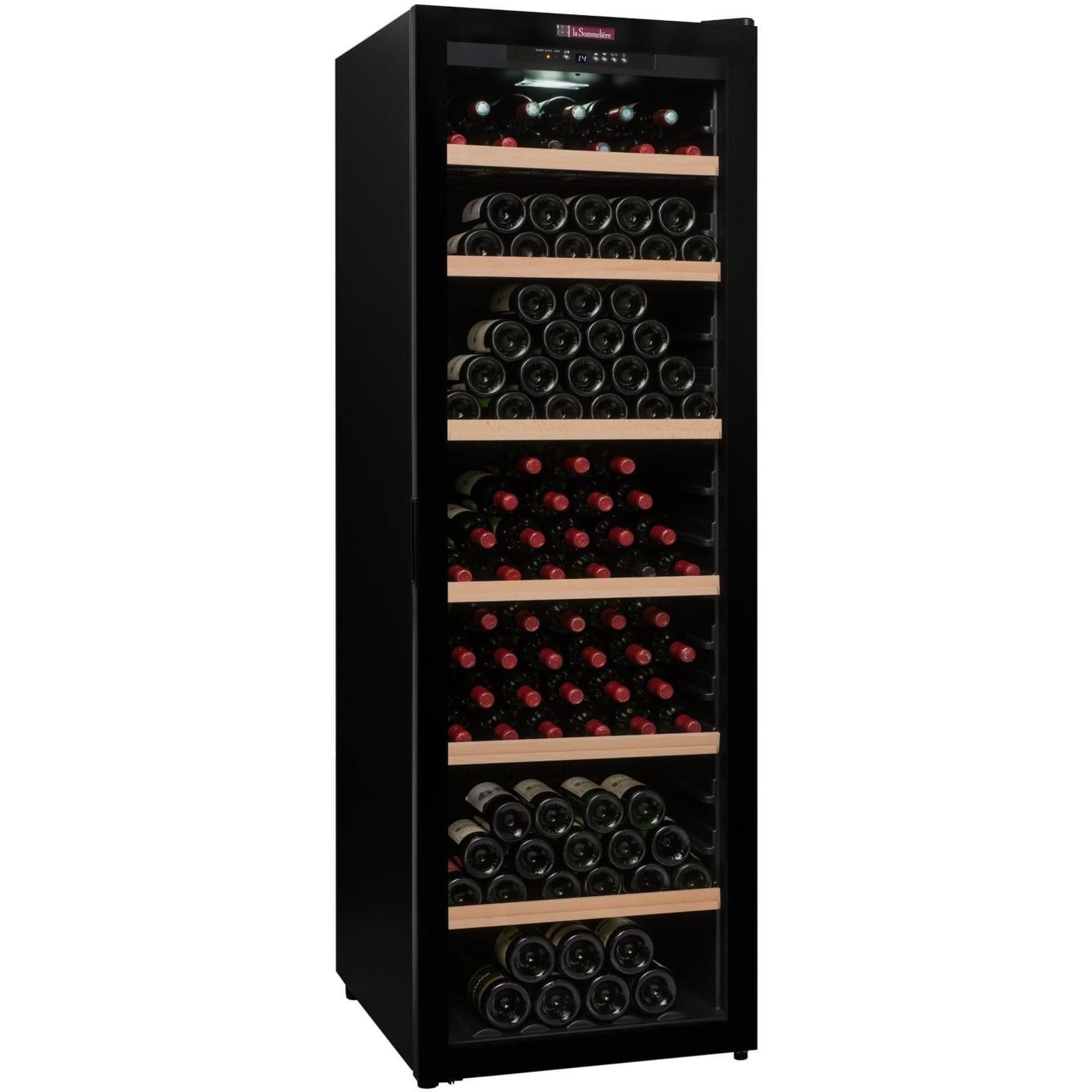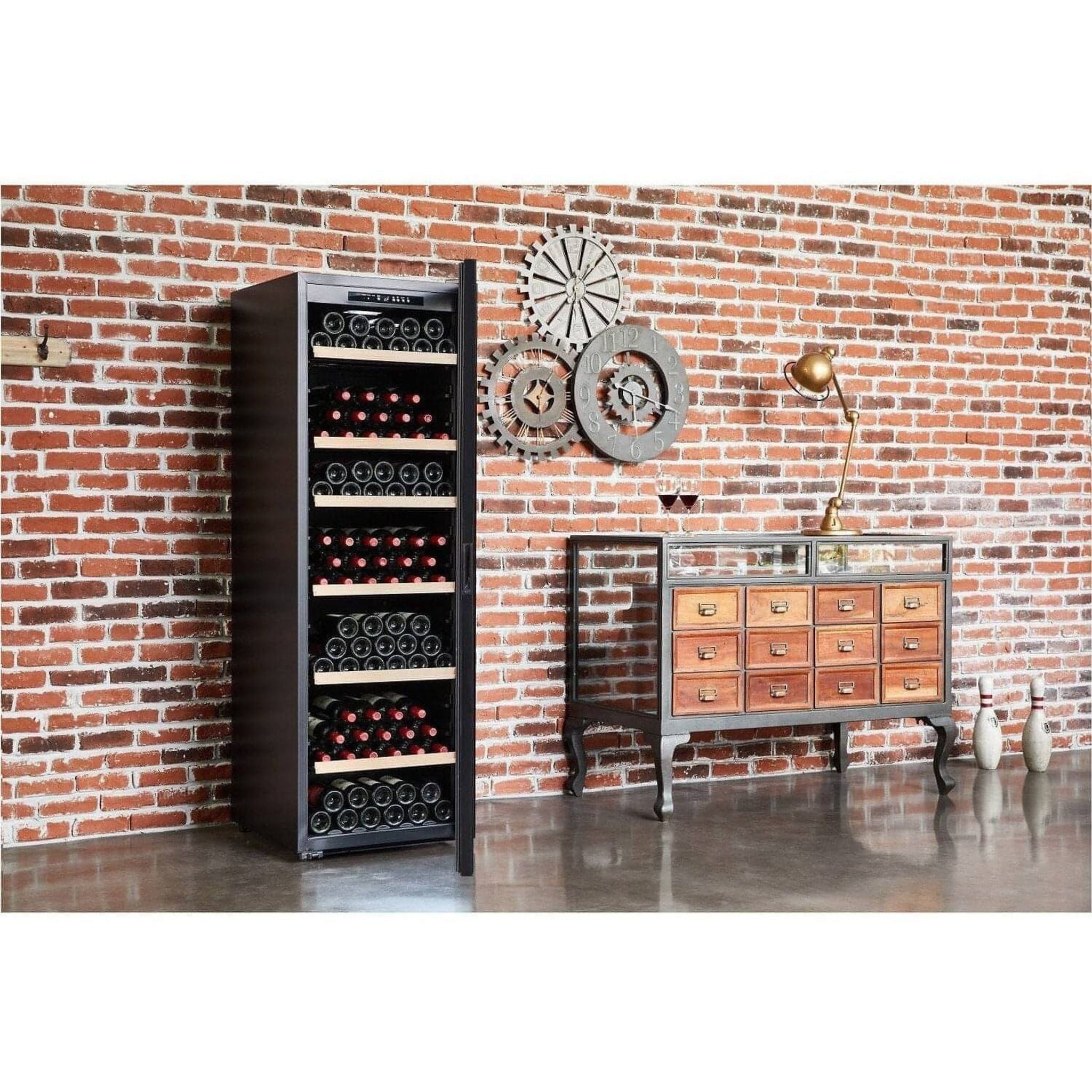If you’ve followed our recent series of blogs, you’ll appreciate the wide variety of grapes, regularly used to create some of our most favoured bottles of wine.
Bacchus is one of those grapes, used amongst other ingredients to produce crisp and light finishes to some of our well-known white wines.
Originally produced in Germany, back in 1933, the Bacchus grape has come a long way, finding itself as one of England’s most workable ingredients, providing unique dupes of Sauvignon Blanc.
Back in its primary growing conditions, Bacchus is found to ripen quickly, especially in the peak growing season, offering low acidic yet high sugar levels.
Yet, transferred over to the UK’s colder climates, variations of Bacchus have been found, showing the grape’s capabilities of adapting to a span of complimenting ingredients.
Down to its adaptability, it’s important to pinpoint which variation of Bacchus you prefer before purchasing.
Here to help you do so, here’s the ins and outs of Bacchus, looking into its background and available variations, along with how you can hold onto its value and taste through optimal storage tips.
Facts about Bacchus
Bacchus, a white wine grape has been around since 1933, yet ultimately made its mark in the 70’s, once mass cultivation began, allowing for its commercial use in wines. Dating back to its German roots, Bacchus was produced with white wine in mind, commonly boasting low acidic levels, perfect to compliment powerful flavours.
Over time, this variation has adapted, where Bacchus works very well with Muller-Thurgau, an alternative white wine grape, along with its modified English version, offering a close take on our favourite Sauvignon Blanc.
Down to its suppleness as a key wine ingredient, attention towards Bacchus is growing, where it’s described as a crisp, fresh and enriching pallet-lifter, paired perfectly with seafood. While it’s still in its infancy, especially in comparison to other sought-after grapes, its characteristics have won over many winemakers, placing it as a leading option in the white wine making process.
Production of Bacchus has dropped in warmer climates, sadly reducing its circulation in the likes of Germany. Yet, thankfully adopted in UK soil, vineyards of Bacchus are now available, offering greater growing conditions for the commonly musty grape. Elderflower and fruity variants can now be found of this white grape, perfect for both still and sparkling takes.
Variations of Bacchus
As variations of the grape are still on sale, knowing the ins and outs of those variations will be wise, helping you select the right aromas and tastes for your palate.
German
Founded in Germany, down to warmer climates, Bacchus has always been an early ripened grape. Originally, this variation was favoured, especially once its commercial use was allowed.
However, as quality and the importance of the drinking experience of wine became more prevalent, its musty characteristics are now reducing the appeal of the German take, especially in comparison to premium grapes.
Some people do still prefer a low acidic yet high sugar content wine, especially for casual drinking, which resembles the original results of Bacchus. Yet down to its unbalanced body, lacking structure, English variations are now sought-after.
English
Luckily, for Bacchus fans, the grape was adopted here in the UK, where many vineyards of Bacchus are now found in England.
As a wine grape, cooler conditions, commonly experienced throughout the growing season allows for the grape to reach its full potential, while maintaining its structure and balance of acidity and taste.
There are two common variations of England’s Bacchus, one which resembles the original, yet with higher acidic levels, and one which harnesses the capabilities of a ripened grape.
The original, reflecting the characteristics between a Sauvignon Blanc and a Cabernet Franc, offers poignant flavours of elderflower, pear and herbaceous.
This variation is usually selected for a refreshing drinking experience, which is usually served chilled.
The ripened variation, showcasing the adaptability of the grape and the number of different layers it can offer leans towards fruity notes, transforming the original take of Bacchus.
Bacchus can now be found at a number of different vineyards. Yet New Hall Vineyards is the largest in England, helping to keep the roots of Bacchus, alive.
Tips For Storing Your Next Bottle Of Bacchus
Selecting a bottle of Bacchus may be much easier than other bottles. Yet, once you’ve made your purchase, it’s really important that you then store your bottle correctly, which is seen as challenging for some.
Many people believe that a fit for purpose cellar is needed, to store wine optimally. This is incorrect, where you can easily find and maintain a place for your wine, in your own home.
When you return your next bottle of Bacchus home, you should:
- Aim to store it at 12°C
- Aim to store it within 55-80% humidity levels
- Aim to store it in a quiet area, with minimal footfall
- Aim to store it out of reach of excessive UV exposure
- Aim to store it away from musky, unpleasant smells
By following these 5 simple tips, you can feel confident that the next bottle of Bacchus that you open, holds onto its original form, taste and aroma.
If you need an ideal storage unit to house your Bacchus wine in, you’ll be glad to know that we have a vast array of La Sommeliere wine cabinets across our site. We have a range of freestanding units, which are perfect for cooler temperatures that range between five and eight degrees Celcius.
We recommend our LS34A, LS36A and LS52A models. La Sommeliere has been working in the industry for over 20 years, making them experts when it comes to designing and manufacturing efficient wine storage units.
We work closely with La Sommeliere to make sure we have the best products stocked on our site for customers to purchase.
Keep your eyes peeled for our next blog post here at Elite Wine Refrigeration, where we may even look into your favourite bottle of wine. But for now, if you have any questions around optimal wine storage for your bottle of Bacchus, get in touch with our team.





